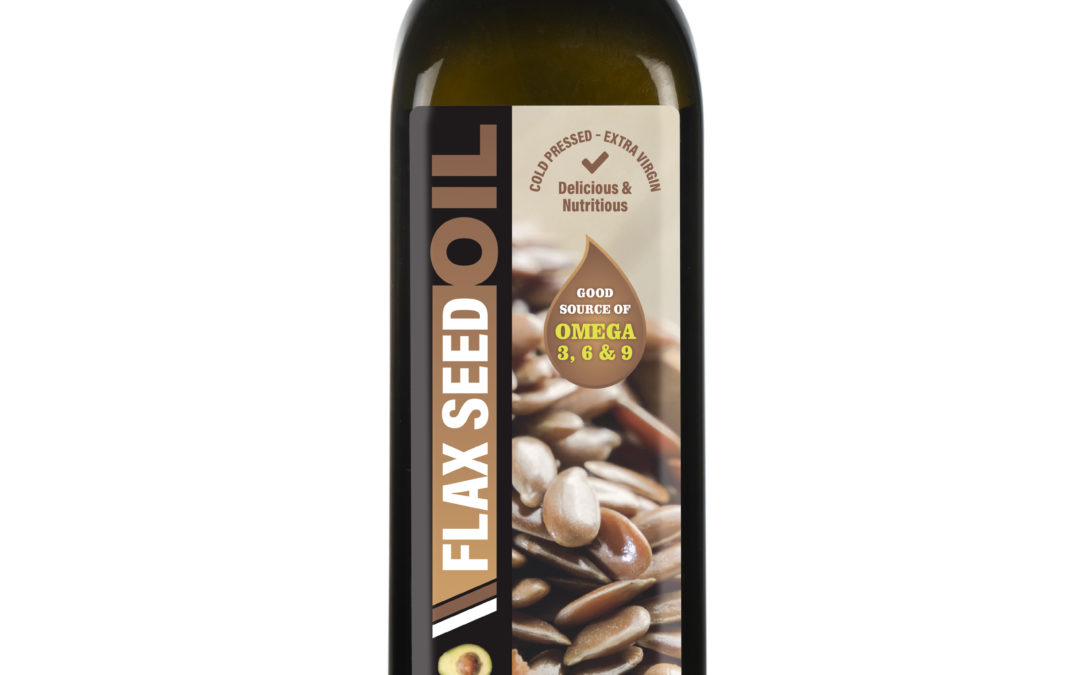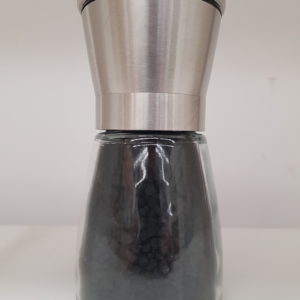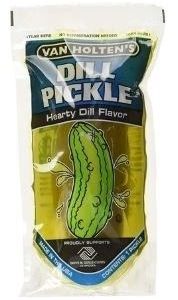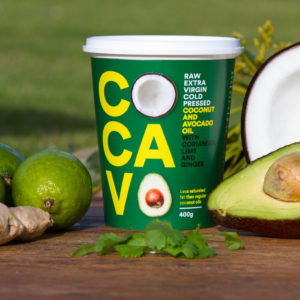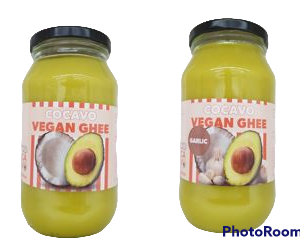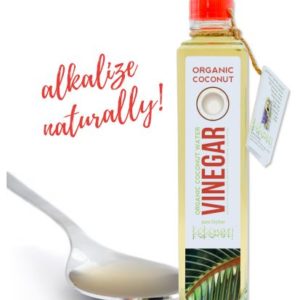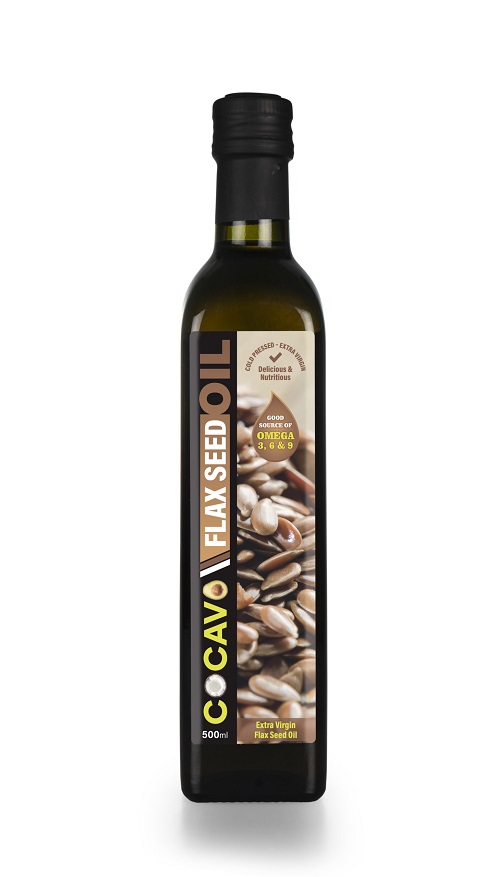
Our Extra Virgin Flax Seed Oil is a fantastic new artisan oil we have added to our range of gourmet cooking oils.
With the fast growing interest in healthy & nutritious eating, consumers are turning to plant based sources of healthy fats.
Flax Seed Oil is a great source of Omega Fatty Acids, particularly Omega 3 along with Omega 6 & 9.
Omega fatty acids are simply components of fats. What makes them so important though, is that they are incorporated into the membranes of every cell in the body and so have a staggering array of functions.
Unlike many of the health fads of the last few decades, the volume of positive research around essential fatty acids has meant that they are now established as an indispensable part of a healthy diet.
There are a number of benefits to taking flax seed oil over other omega-3 supplements and the first of course it that it is the best alternative for vegetarians and vegans since it comes from an annual flowering plant.
Another belief is that since ALA is the parent to EPA and DHA the body is better able to take what it needs rather than being saturated with an already refined form of the fatty acids. It also contains nearly twice as much omega-3 as fish oil and there is no mercury or other contaminants found in flax seed oil. Many feel that it is also a much more sustainable source of fatty acids than fish. Whole flaxseed, not flax seed oil, contains lignans which are powerful antioxidants that the body can use to fight cancer causing substances.
The ability to increase your metabolism, reduce serum blood sugar levels and assist with digestion remain 3 of the greatest flax seed oil benefits. Over time and in the right combination some studies have shown an ability to lower cholesterol and help reduce heart and circulatory diseases. Omega-3 fatty acids have been shown to have an anti-inflammatory effect on the body and this helps to reduce joint and many other degenerative disorders.
Omega-3 fatty acids are extremely important for our health — probably the most important of the three.
They aid in circulation, the formation of cell walls, oxygen uptake and the production prostaglandins which regulate heart rate, blood pressure, fertility and inflammation. Omega-3 fatty acids also tend to suppress inflammation, which is the cause of so many of the degenerative diseases that plague us today. They do this by countering the pro-inflammatory effects of omega-6’s.
Because the parent omega-3 ALA is not manufactured by our bodies it’s critical that we get this fatty acids through our diets. What complicates the matter is that omega-3 is the one most lacking in our modern diet. Nonetheless, ALA, being the plant source of omega -3, can be found in many foods such as flax seed, nuts, oils and green leafy vegetables — we just have to remember to include these foods in our daily choices.
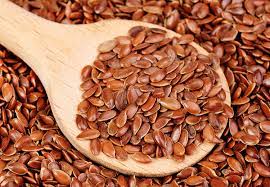
Studies suggest that flax seed oil and other omega-3 fatty acids may be helpful in treating a variety of conditions. The evidence is strongest for heart disease and problems that contribute to heart disease, but the range of possible uses for flax seed oil include High Cholesterol, High Blood Pressure, Heart Disease, Inflammatory Bowel Disease and a raft of other conditions.
FAQ’s
What is Extra Virgin Flax Seed Oil
Flax Seed Oil is the name given to oil extracted from premium quality, food grade Flax seeds (seeds from the European flax plant, also known as linseed, and NOT the native NZ Flax). The seed is grown primarily for its oil content, and the high amount of Omega 3 it contains. Our Flax Seed Oil is cold-pressed using natural processing techniques to produce high quality Flax Seed Oil. Extra Virgin is the term used (typically by the olive oil industry) to identify premium quality products with excellent taste, chemical and nutritional properties.
_______________________________________________________________________________________
Is Flax Seed Oil related to the New Zealand native flax plant?
This is a very common question in New Zealand. Flax Seed Oil comes from the seed of the linseed plant (Linum usitatissimum), which is the European flax plant and not the New Zealand native flax plant. Linseed is known as Flax Seed in other parts of the world, particularly in the northern hemisphere, but this can be confusing for New Zealanders because of our native flax plant.
_______________________________________________________________________________________
Is Flax Seed Oil the same as Linseed Oil?
No. Whilst the oil comes from the same plant, the grades of seeds used, and the extraction techniques are completely different. Globally, linseed oil is the term used for industrial grade oil used for staining wood for example. For food grade oil, the term used is flax seed oil. Therefore you will only ever find flax seed oil in health stores for human consumption.
________________________________________________________________________________________
Where does your Flax Seed Oil come from?
The seed is grown by a group of farmers in the Canterbury region of NZ. Our supplier monitors the crops right from when the seed goes into the ground through to harvest. They then cold press the seed at their cold pressing plant in Ashburton, to extract the oil from the seed.
_______________________________________________________________________________________
What is cold pressing?
Cold pressed Flax Seed Oil is obtained by ‘squeezing’ the oil out of the seed, without the use of heat, chemicals or solvents. Cold pressed oils retain all of their flavor, aroma, and nutritional value, and are considered to be healthier than conventionally made oil because of the lack of heat and chemicals in the production process. Our suppliers established Ashburton plant has been dedicated to producing cold pressed Flax Seed Oil since 1987. Some large scale Flax Seed Oil producers use solvent extraction, exposing the seed to heat and solvents, which damage the health giving properties of the oil. Some also refine, deodorise and bleach the oil, which produces a colourless, bland and odourless oil.
_______________________________________________________________________________________
What does Flax Seed Oil look and taste like?
Good quality Flax Seed Oil that is cold pressed should be a bright golden colour, with a fresh nutty aroma and delicate taste. There should be no nasty after-taste or bitterness to it, and it certainly should not be brown or clear!

